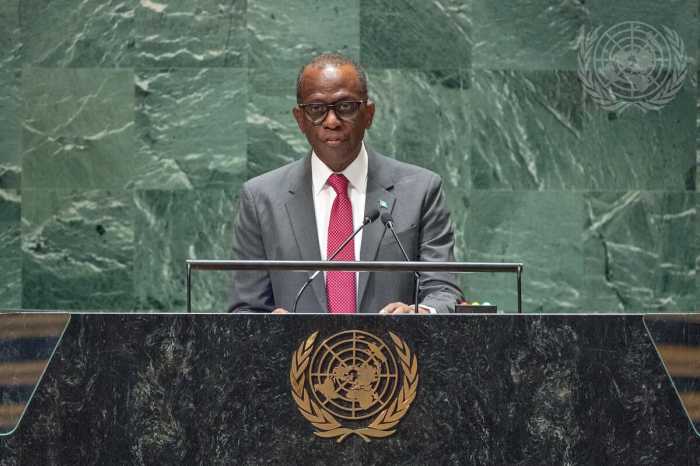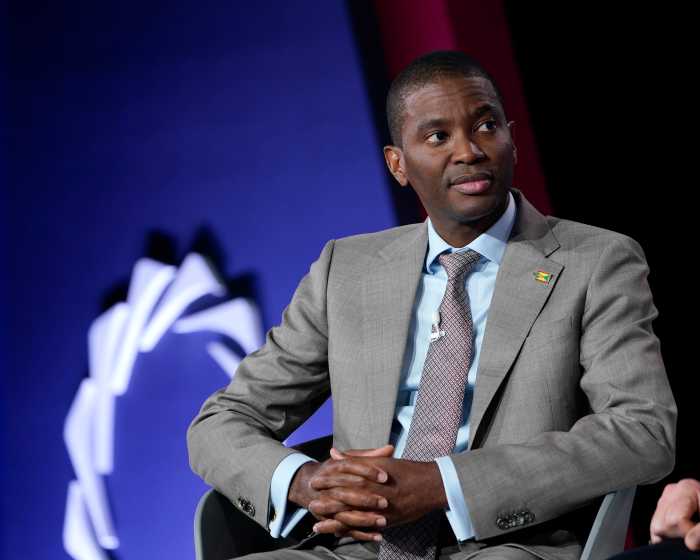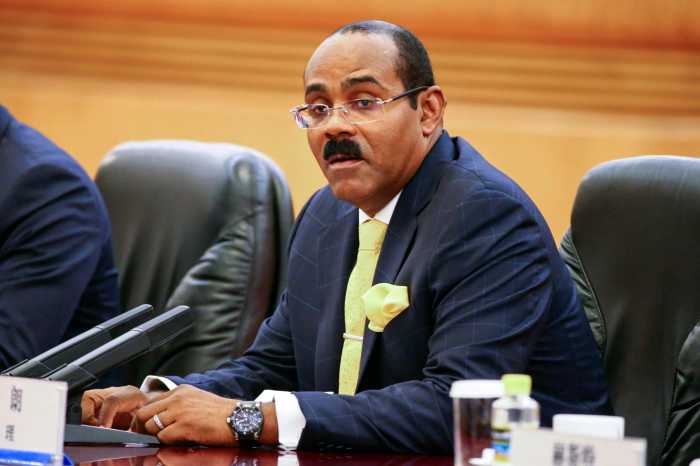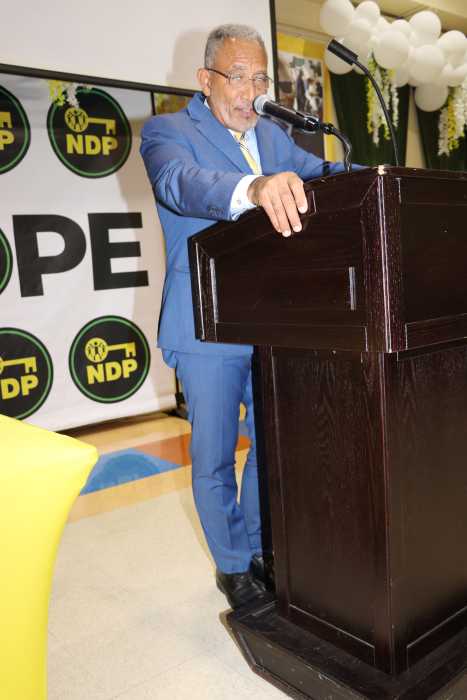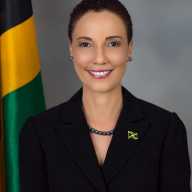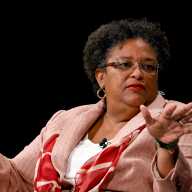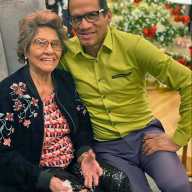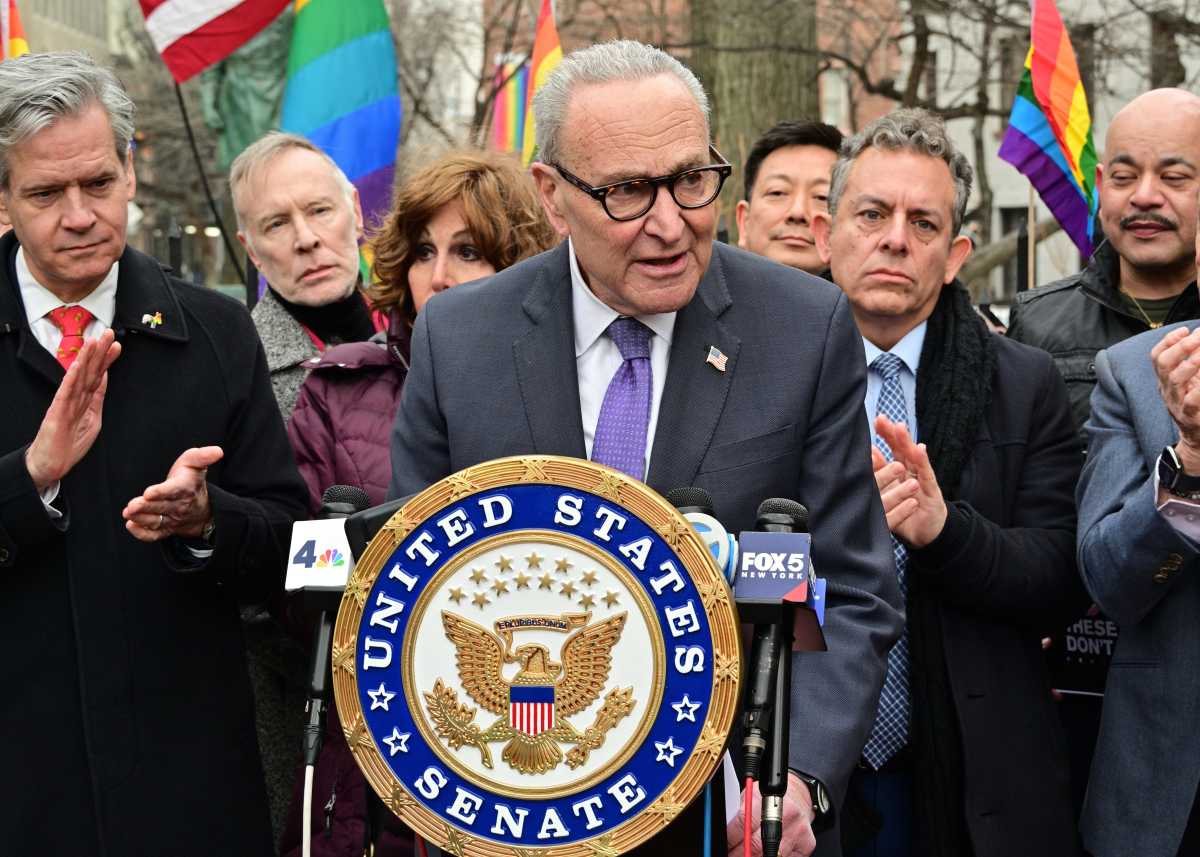Just two days after meeting Secretary of State Marco Rubio in Washington, Bahamian Prime Minister Phillip Davis says his administration will soon renegotiate the payment system for Cuban medical personnel working in the archipelago to pay them directly rather than through the Cuban government.
Briefing reporters after returning from a mini summit with Rubio, himself and Eastern Caribbean leaders (OESC), Davis said the system of part payment to the Cuban medical professionals in the country will be reviewed in the coming weeks to avoid allegations from Washington of forced labor and human trafficking.
His announcement has much to do with the US’s push for reforms of the payment system for Cubans. The current arrangement in some destinations is for the government to receive a percentage of salaries, a development Washington has been railing against in recent weeks.
In moving to change the system, The Bahamas now joins Antigua in the 15-nation regional bloc as among the early nations moving to take action, especially after the US had threatened to revoke the visas of any official linked to the payment system because it is allegedly human trafficking.
“What I can say to you is that we are in the process of renegotiating all these memorandums of understanding for labor out of Cuba, just like we are doing with other countries like the Philippines, where we have a number of foreign workers. That is not an unknown concept or construct. But now that concept is now being looked at as an ingredient for forced labor. So, we will address that. Anyone we hire, we will say, look, we will pay you directly into your account,” the PM told local media on arrival back home.
Leaders say the issue was raised by Rubio during their meeting on Tuesday, just as was the case when Rubio had met in Jamaica with the heads of government of Jamaica, Haiti, Barbados, and Trinidad in late March before flying south for deliberations with the presidents of Guyana and Suriname as well.
Arguing that the shared salary system is not new, PM Davis suggested that it will be looked at to comply with modern interpretations of labor laws and regulations.
“Sharing an employee’s salary with a government could be perceived that way. The issue of holding a person’s passport could be perceived that way. So, there are a number of ingredients. With respect to paying salaries back to the Cuban government, I was able to say to the secretary that the concept is not unknown. I was able to indicate that all of my mother’s siblings, all my father’s siblings were all engaged under that regime called the Contract where part of their salaries were paid to the British government and part was paid to them whilst in the US. That is not an unknown concept and construct. But now that concept is now being looked at as an ingredient for forced labor. So, we will address that. Anyone we hire, we will say, look, we will pay you directly into your account.”



